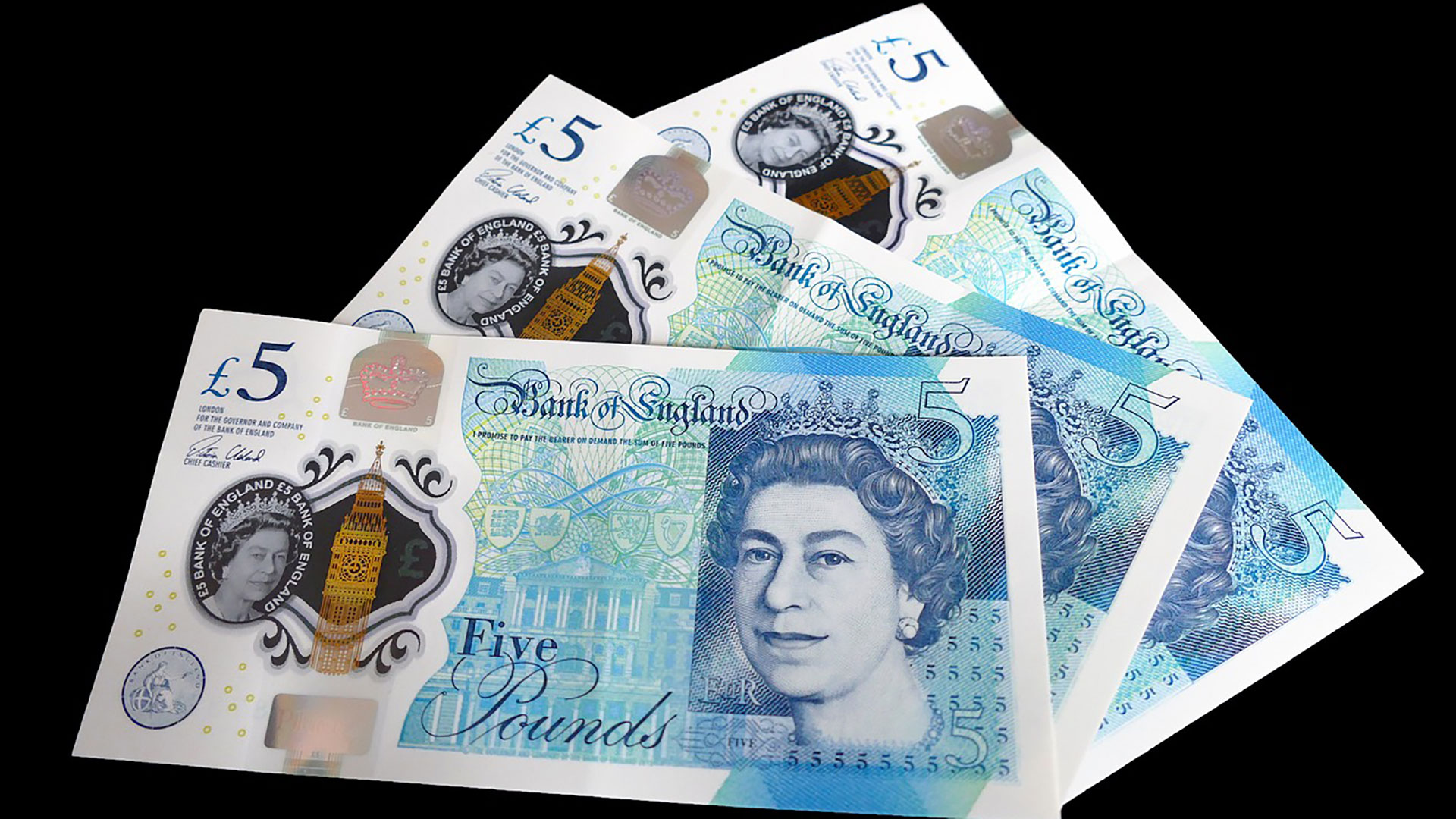A temporary basic income is a “feasible and urgently needed” answer to protect the world’s poorest people from Covid-19, says a new UN report, by allowing three billion people to stay at home instead of risking transmission in the work place.
A UN Development Programme study estimates that it would cost $199 billion (£156bn) per month to provide a time-bound guaranteed basic income to 2.7 billion people living below or just above the poverty line in 132 developing countries.
Bailouts and recovery plans cannot only focus on big markets and big business
Warning that Covid-19 cases are spreading at a rate of more than 1.5 million new cases per week, particularly in developing countries, where seven out of ten workers cannot work from home, meaning that they are forced to risk catching the virus working in informal markets.
Based on assessments in 60 countries, UNDP found that a basic income would be the only way to support the huge numbers of people not covered by social insurance programmes. That includes informal workers, women and young people, people on low wages, refugees and disabled people who have been hardest by the crisis.
The research found that a temporary basic income would be achievable – if it ran for six months, for example, it would require 12 per cent of the expected total financial response to Covid-19 or equivalent to one-third of external debt payments owed by developing countries this year.
But offering the world’s poorest people a vital lifeline would mean that they are able to buy food and pay for health and education, says UNDP administrator Achim Steiner.









